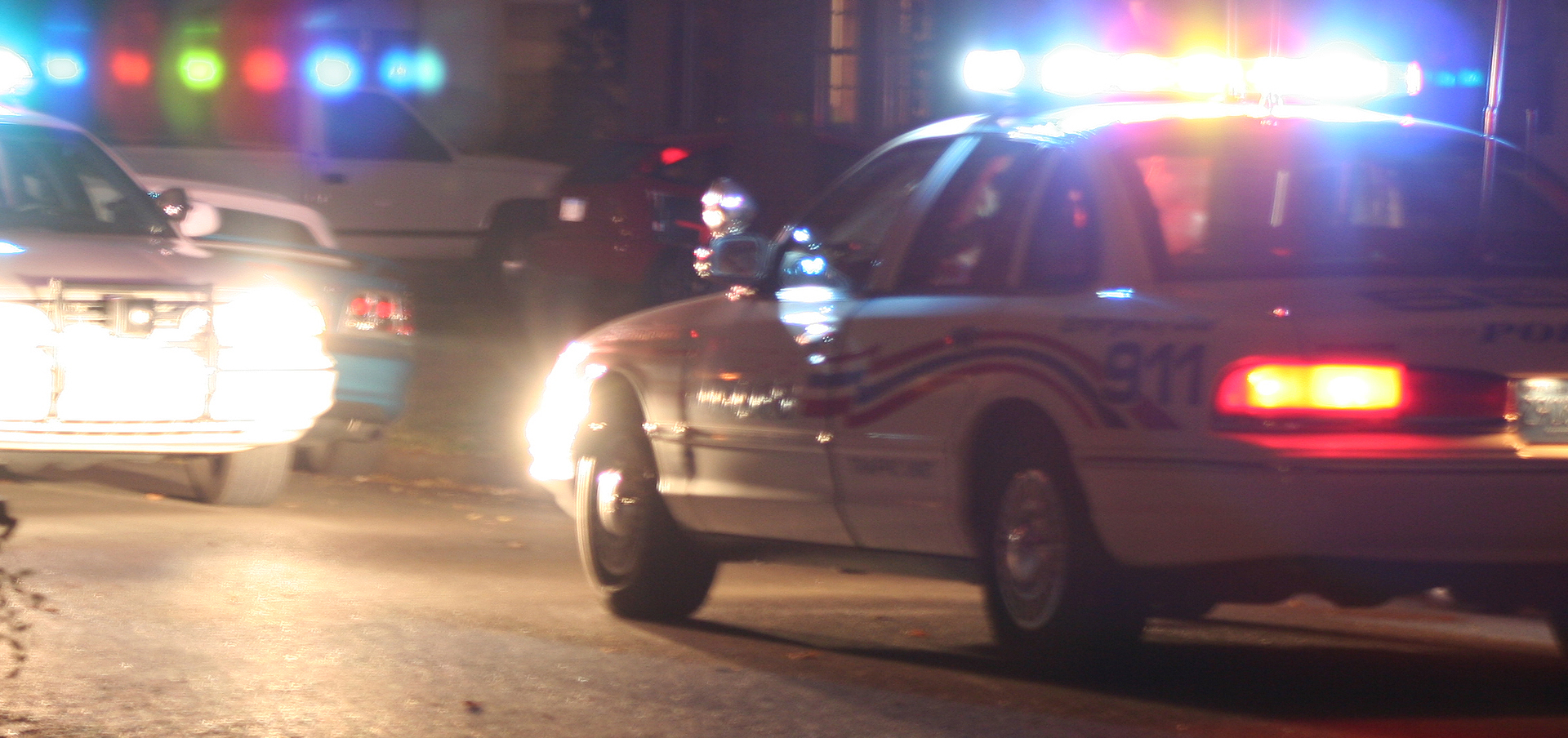If you are naturally a people person, a helping hand, a protector of those around you, then you may be considering a career in criminal justice. Criminal justice is a field filled with boundless opportunities to help those in need, but within the criminal justice system, there are many different paths that you can take. From patrol to parole to probation, many of the titles you can assume after criminal justice school are of an “officer” position. But what, exactly, differentiates one from the next? How will you know which will be the most fitting career for you?
The following careers are the three popular P’s within the criminal justice system: Patrol, Parole, and Probation. While these positions often get confused, they do have some similarities. All three careers are designed to prevent crime, to keep people on track, and to keep the community safe. All three are rewarding, meaningful jobs that can be obtained with a criminal justice degree. Let’s take a deeper look:
Probation Officers:
To understand the job duties of a probation officer, it’s important first to understand what probation means. Probation is generally the sentence a judge will offer to offenders who have committed non-violent crimes. In this circumstance, the court allows the offender to enter back into the community, go to school and to work, but requires that the offender have consistent supervision during his or her sentence. In most instances of probation, the offenders are required to pay court fees, participate in support groups or community service, and comply with the given rules of conduct in the community.
While probation is typically issued in place of jail time, those on probation will be incarcerated if their set regulations are broken. This is where the need for a probation officer comes into play. Probation officers supervise non-violent criminals that are fulfilling a sentence outside of prison. These officers ensure that each criminal is not a danger to the community, and that he or she is consistently working towards rehabilitation per the judge’s orders. As a probation officer, you can expect to:
- Meet your assigned offenders on a regular basis
- Evaluate assigned probationers to determine the best course of rehab
- Test offenders for drug abuse and direct them to substance abuse help
- Provide necessary resources to offenders, such as counseling or job training
- Write reports and case files for each probationer
Parole Officers:
Unlike probation, parole refers to the period in which offenders are conditionally released from prison to serve their remaining sentence within the community. This a decision made by a parole decision board or a mandatory action required by the provisions of a statute. Typically during parole, offenders are actively supervised and required to meet with their assigned parole officer on a regular basis.
There is an ongoing conundrum with the career paths of parole officers vs. probation officers, but the distinction is here: Parole officers work with those who’ve been released from jail to help them re-enter society once again. Probation officers work with those who did not serve jail time. The duties of a parole officer, however, are similar to probation workers. In general, parole officers:
- Regularly monitor post-release parolees
- Provide parolees with resources such as substance abuse counseling or job training
- Reduce the risk of parolees running into law enforcement again
- Make home visits to check-in on the progress and safety of those under supervision
- Oversee drug testing and electronic monitoring of the parolee
Patrol Officers:
Contrary to parole and probation authorities, patrol officers are thought to be synonymous with police officers. Patrol officers are the officials you see on the side of the highway, at the event of an accident, or at the scene of a crime. They typically work for the state police department, ensuring that all order is maintained within state boundaries. Patrol officers are said to be the key to law enforcement, imposing local, tribal, state, and federal laws and ordinances to protect life and property. As a patrol officer, you may patrol one area, or cover many stretches of the state. You may direct traffic, issue traffic summons, investigate accidents, and arrest suspects. You may also assist in state and local robberies, kidnappings, assaults, and homicides.
If you are exploring careers within the criminal justice system, earning a criminal justice degree in CT may be the right next step for you. Learn more about Goodwin College’s criminal justice program and internships here to get started down your path as a protector.
Goodwin University is a nonprofit institution of higher education and is accredited by the New England Commission of Higher Education (NECHE), formerly known as the New England Association of Schools and Colleges (NEASC). Goodwin University was founded in 1999, with the goal of serving a diverse student population with career-focused degree programs that lead to strong employment outcomes.

